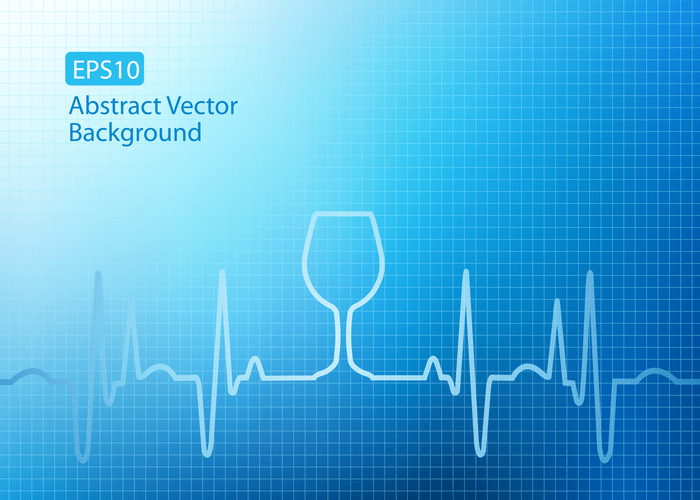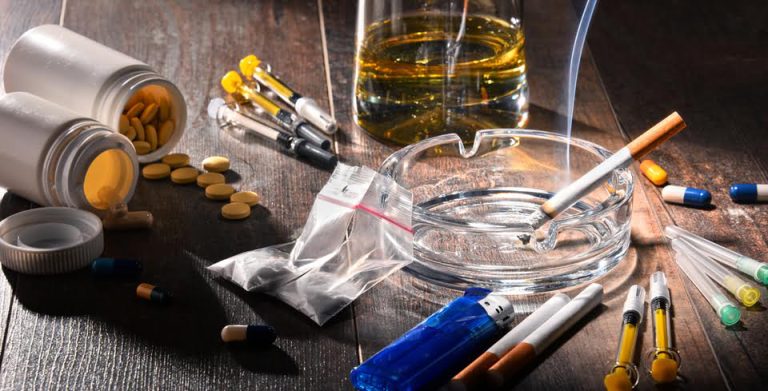Alcohol Withdrawal: Symptoms, Treatment, Timeline
It is characterized by severe nausea, seizures and hallucinations. If you begin to experience DT, you always alcohol detox need to get immediate medical attention, as it can be life-threatening. For those with moderate to severe alcohol addiction, a medically supervised detox is safer. Healthcare professionals monitor your progress and manage severe symptoms like seizures or delirium tremens. The safest way to addressalcohol abuseand begin detox is to consult with a medical professional or seek professional treatment. When speaking with your medical professional abouthow to detox from alcohol, they will tell you it’s the first step of acomprehensive rehab program.
- Alcohol can be detected in your system even after your body has fully metabolized it.
- Drink plenty of fluids such as water, electrolyte-rich drinks like sports drinks, or coconut water to stay hydrated.
- Sometimes, mild symptoms may persist after the first few weeks.
Alcohol withdrawal treatments
Over time, alcohol detox treatment has shifted from using a gradual tapering of alcohol to relying on benzodiazepines and newer medications. Immediate pharmacological intervention is required in all cases of Alcohol Withdrawal Syndrome (AWS), as inadequate or delayed treatment can be life-threatening. If illusionary or brief hallucinatory experiences accompany the tremors during this period, it signals a more severe withdrawal, requiring a reassessment of medication. Seizures usually peak around 36 hours, and delirium tremens around 72 hours, though both can occur even while drinking continues. Close medical monitoring is crucial during the detox process, especially in cases where severe symptoms are present. It’s essential that these medications are administered under the supervision of a healthcare professional, as improper use can lead to complications.

Sexual Health
This can lead to increased liver enzymes in the blood, indicating liver stress or damage. Fully understanding this process can help you prepare both mentally and physically, ensuring a smoother transition to sobriety. CORFs provide personalized outpatient rehab with physical, occupational, speech, and psychological therapies to support faster, full recovery. By Sarah Bence, OTR/LBence is an occupational therapist with a range of work experience in mental healthcare settings. Behavioral health treatment for alcohol problems is often (but not always) covered by insurance. In the United States, most states have low-cost or free rehabilitation programs for those who are uninsured.
- Learning how to detox from alcohol safely is an important step in overcoming an addiction to it.
- But a full detox is needed for the most benefit, and how much time that takes depends on a variety of personal factors.
- Over time, however, the body builds a tolerance to alcohol, and a person may have to drink more and more to get the same feeling.
- Talk to your doctor or an alcohol treatment specialist before you try tapering.
- This guide will help you understand detox, manage withdrawal, and support your recovery.
Start Your Recovery Now!

Discover how Medicare supports inpatient rehab, covering up to 90 days based on medical needs, progress, and post-rehab care options to ensure recovery success. Discover how inpatient rehab physical therapy helps patients regain independence through personalized care, expert support, and tailored treatments at top facilities. Your symptoms may be similar, such as anxiety, https://www.smartscreeningpr.com/how-to-manage-feelings-of-isolation-in-early/ headaches, nausea, and sleep disturbance. But hangover symptoms tend to last no more than one day, while alcohol withdrawal can last up to a week or more. Overall, the process can take weeks, and you might still feel withdrawal symptoms for months.

With continued and excessive alcohol consumption, alcohol interferes with the brain’s natural functions, disrupting neurotransmitters that send messages to the CNS. Alcohol withdrawal syndrome is a set of distressing and dangerous symptoms that stem from the brain lacking alcohol’s influence in the system. Withdrawal is a process that begins within a few hours after last use and creates acute symptoms that can last for 4-5 days. That said, If you’ve been drinking excessively, then stopping drinking cold turkey can lead to withdrawal symptoms. Talk with a doctor Alcohol Use Disorder to learn more about the safest ways to quit drinking alcohol. You can also learn about the options for in-patient recovery in this article.
- Minor withdrawal symptoms usually begin about six hours after your last drink.
- Because alcohol withdrawal can be dangerous and even fatal, it is important that individuals and families seek professional, medical advice.
- Alcohol withdrawal is a potentially serious complication of alcohol use disorder.
Payment of benefits are subject to all terms, conditions, limitations, and exclusions of the member’s contract at time of service. For most patients, alcohol withdrawal proceeds without complications. The risk, however, is that clinicians may be careless in monitoring withdrawal symptoms, potentially facing preventable issues or, in the worst case, a fatal outcome.

Add comment